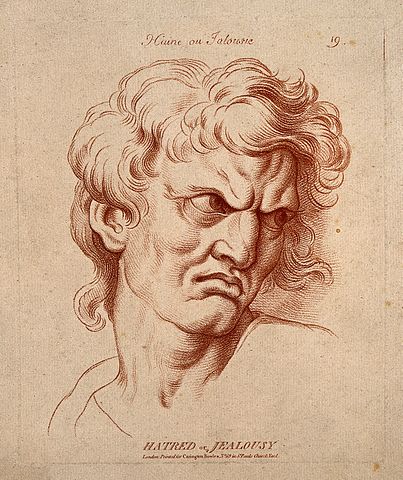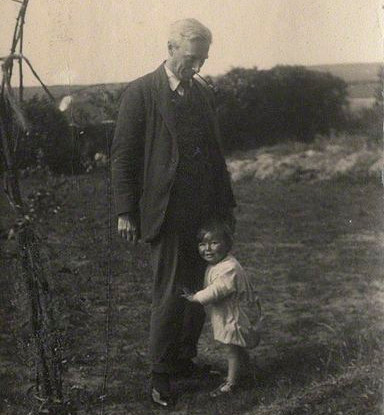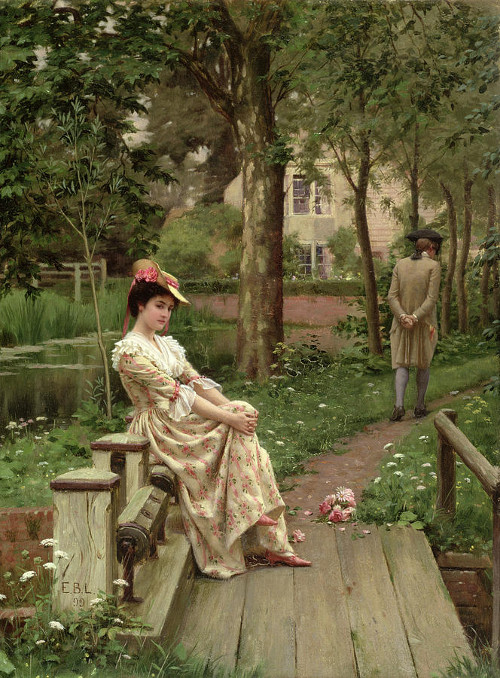“I once spent all day thinking without taking food and all night thinking without going to bed, but I found that I gained nothing from it. It would have been better for me to have spent the time in learning.” — Confucius
Quotations
Unquote
“Consistency is the last refuge of the unimaginative.” — Oscar Wilde
“Consistency requires you to be as ignorant today as you were a year ago.” — Bernard Berenson
“Convictions are variable; to be always consistent is to be sometimes dishonest.” — Ambrose Bierce
Unquote
“The enemy of art is the absence of limitations.” — Orson Welles
More Madan
Excerpts from the notebooks of English belletrist Geoffrey Madan (1895-1947):
[Eton] masters asleep during Essay in various abandoned attitudes. Hornby like a frozen mammoth in a cave; Stone drooping; Vaughan like a monarch taking his rest; Churchill like a fowl on a perch with a film over his eyes.
A.E. Housman’s epitaph: the only member of the middle classes who never called himself a gentleman.
“It is the cause”: theory that Othello closes and lays down a Bible.
Gladstone’s Virgil quotations, like plovers’ nests: impossible to see till you’ve been shown.
“Love gratified is love satisfied, and love satisfied is indifference begun.” — Richardson
“It matters not at all in what way I lay this poker on the floor. But if Bonaparte should say it must be placed in this direction, we must instantly insist upon its being laid in some other one.” — Nelson
“Conservative: a man with an inborn conviction that he is right, without being able to prove it.” — Revd. T. James, 1844
“Lord Normanby, in recklessly opening the Irish gaols, has exchanged the customary attributes of Mercy and Justice: he has made Mercy blind, and Justice weeping.” — Lord Wellesley
Unquote

“Comparison is the thief of joy.” — Theodore Roosevelt
Unquote
“Not ignorance, but ignorance of ignorance, is the death of knowledge.” — Alfred North Whitehead
Lessons Learned
Aphorisms of Lazarus Long, the 2,000-year-old protagonist of Robert A. Heinlein’s 1973 novel Time Enough for Love:
- Always store beer in a dark place.
- Small change can often be found under seat cushions.
- If you don’t like yourself, you can’t like other people.
- It’s amazing how much “mature wisdom” resembles being too tired.
- Certainly the game is rigged. Don’t let that stop you; if you don’t bet, you can’t win.
- Get a shot off fast. This upsets him long enough to let you make your second shot perfect.
- The truth of a proposition has nothing to do with its credibility. And vice versa.
- A brute kills for pleasure. A fool kills from hate.
- It may be better to be a live jackal than a dead lion, but it is better still to be a live lion. And usually easier.
- If it can’t be expressed in figures, it is not science; it is opinion.
- Your enemy is never a villain in his own eyes. Keep this in mind; it may offer a way to make him your friend. If not, you can kill him without hate — and quickly.
- Cheops Law: Nothing ever gets built on schedule or within budget.
- No state has an inherent right to survive through conscript troops and, in the long run, no state ever has. Roman matrons used to say to their sons: “Come back with your shield, or on it.” Later on, this custom declined. So did Rome.
- Never appeal to a man’s “better nature.” He may not have one. Invoking self-interest gives you more leverage.
- By the data to date, there is only one animal in the Galaxy dangerous to man — man himself. So he must supply his own indispensable competition. He has no enemy to help him.
- A zygote is a gamete’s way of producing more gametes. This may be the purpose of the universe.
And “A generation which ignores history has no past — and no future.”
Unquote
“Grammar is the logic of speech, even as logic is the grammar of reason.” — Richard Chenevix Trench
Set Theory

When Bertrand Russell announced his first child, a friend said, “Congratulations, Bertie! Is it a girl or a boy?”
Russell said, “Yes, of course. What else could it be?”
Unquote

“He who falls in love meets a worse fate than he who leaps from a rock.” — Plautus
(The painting is by Edmund Leighton, 1852–1922. He called it simply Off.)
